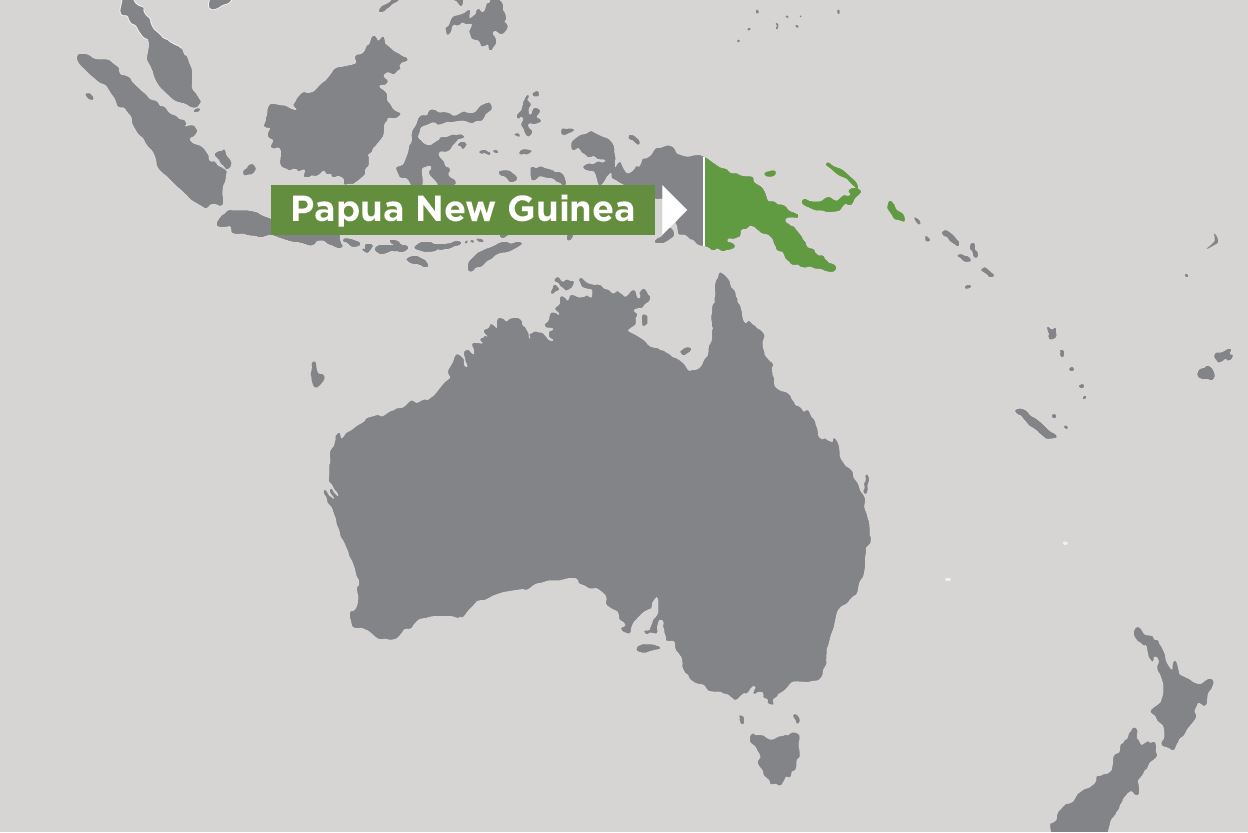Overview
This project aimed to develop policy options for One Health surveillance strategies addressing Japanese encephalitis (JE) and insect-borne diseases that affect both animals and people in Papua New Guinea (PNG).
The JE virus is the most important cause of human viral encephalitis in Southeast Asia. Even though an effective vaccine is available to prevent JE, approximately 67,000 human cases occur annually worldwide. The JE virus is mosquito-borne, and pigs and waterbirds act as amplifying hosts. JE disease mainly affects rural communities, with the highest rates of disease in children. The virus is endemic in PNG
This project sought to address a major gap in environmental surveillance of vertebrate hosts and mosquito vectors of zoonotic arboviruses of public health concern. They will adopt a One Health approach to enable partnership and linkage between public health and veterinary organisations and agencies in PNG.
A part of the Research for One Health Systems Strengthening Program, this project is co-funded with DFAT addressing zoonoses, antimicrobial resistance, and systems strengthening within the Asia Pacific.
Project outcomes
- Strengthening vector-borne disease surveillance and response systems to allow rapid identification and containment of outbreaks, resurgence and resistance.
- Developing policy options for key health system supports to respond to febrile illness and avert antimicrobial resistance.
- Establishing pilot surveillance activities at selected sites using one or a combination of sentinel animal (pigs, chickens) and mosquito trapping methods.
- Establishing and develop linkages and coordination between human and animal health agencies.
- Building capacity to detect zoonotic arboviruses in the field and in the laboratory.





